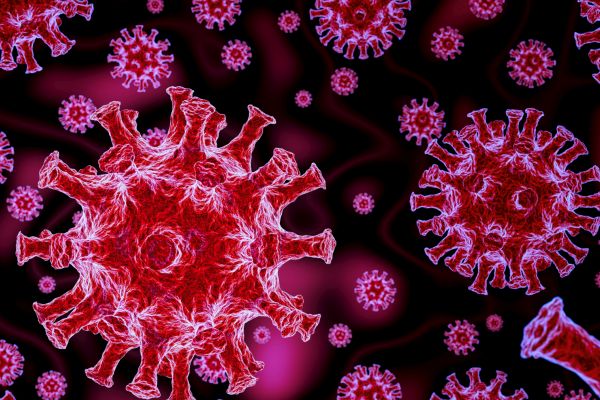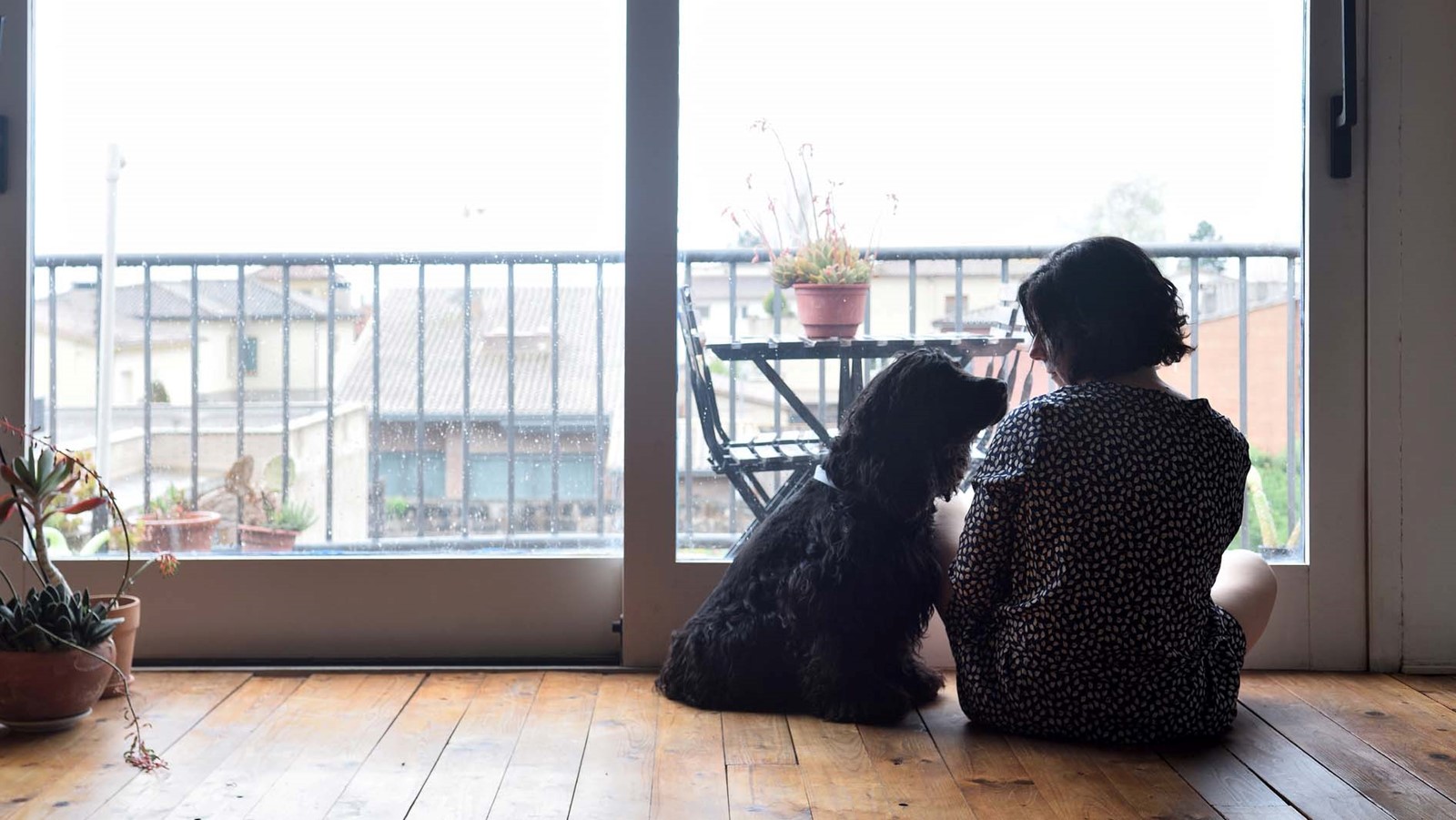It’s been a year of loss such as we could never have imagined.
Bereavement of a close friend or family member, or even someone that you didn’t know that well, may have therefore had an especially poignant impact set against all the other losses that we’ve had to endure.
Apart from the freedom to move around without restriction, and the closing down of all our normal social outlets, perhaps the hardest thing has been the fact that we have not been allowed to hug our loved ones – unless we have been in a support bubble with them. As mammals, touch is vital for our physical, emotional and spiritual health, and I have noticed how many people have taken on board a new puppy during the last 12 months. Not only do you have something to cuddle, but also you have an excuse to go out twice a day to walk the dog!
As a therapist, I’ve also been aware of how the restrictions of COVID-19 have impacted on family relationships; some have grown stronger, others have cracked and fragmented completely.
I’ve also noticed the full range of emotions that you would expect to see in complex grief situations being played out in client relationships: denial, anger, bargaining, depression and acceptance (Kubler-Ross, 19691) but also sadness, loneliness and a basic underlying feeling that the universe is not a safe place to be in – that the rug has been pulled out from under your feet.
Some things may never be quite the same again. Post-COVID the landscape has changed. If you’ve lost an important landmark in your life it will take time for that space to be re-populated with something meaningful, and that space may never be quite the same for you again.
Think of it as a parkland where one or more magnificent trees have been cut down or struck by lightning – the space looks and feels raw, and it will be years before the feel of a mature woodland returns, along with the wildlife that populates such trees.
A ‘brand new’ garden that comes with a ‘brand new’ house takes a long time before it feels mature and acquires some atmosphere.
As the year turns round once more, its rhythm reminds us that death is always followed by new growth, although not always in exactly the same way as before. The created world constantly renews itself, and that energy can be a great comfort. It is a time to take stock once more: what do you need?
Your priorities may have changed, and you may have a new perspective on what will work better in your life. Perhaps it’s time to strike out on a new path, or just clear away the brambles from the old one? I leave it to you to decide.
1. Laxson, Joan. (2003). Elisabeth Kubler-Ross. American Decades. Biography In Context. Retrieved from http://www.gale.cengage.com/InContext/bio.htm
Read more

Bereavement during Covid 19 - how to cope
Counsellor Jennie Cummings-Knight has a message for those who are grieving lost loved ones during the coronavirus crisis.

Blogs and vlogs 2021
News, views and updates from our staff, members and counselling clients

Coronavirus (COVID-19)
Guidance and resources for members
Views expressed in this article are the views of the writer and not necessarily the views of BACP. Publication does not imply endorsement of the writer’s views. Reasonable care has been taken to avoid errors but no liability will be accepted for any errors that may occur.
